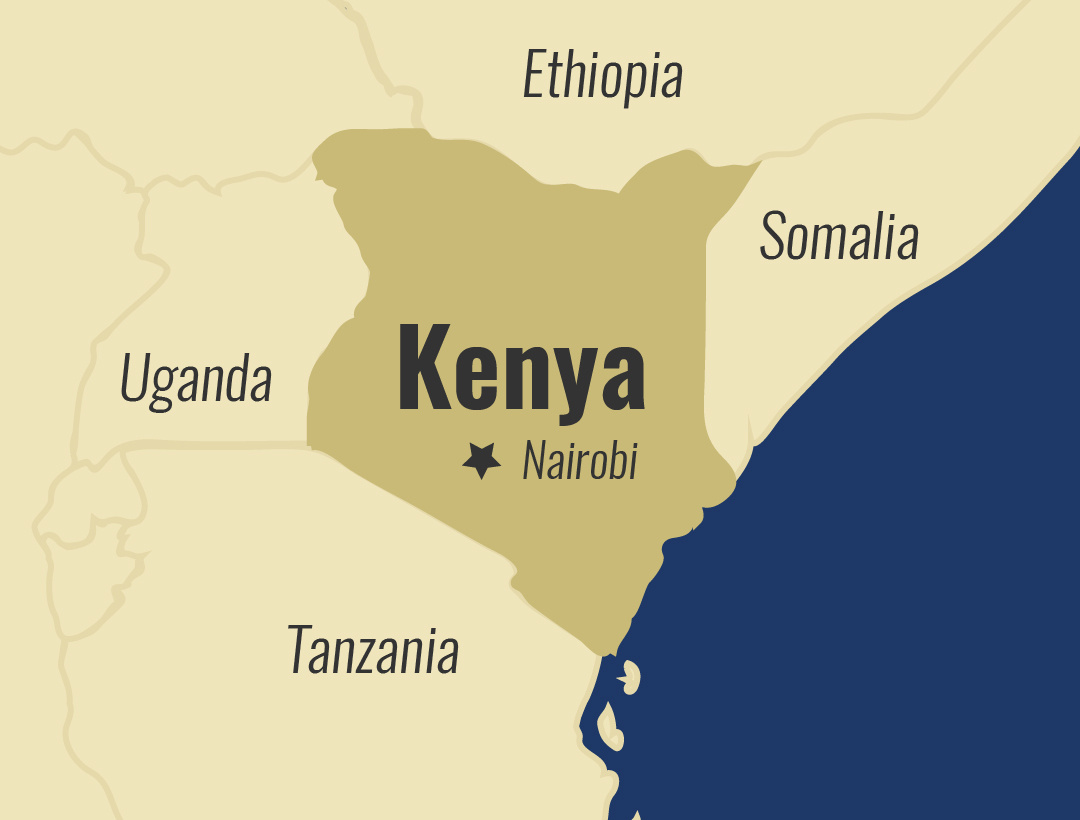Death toll in Central African Republic’s capital rises to 19

Central African Republic’s president on Wednesday declared three days of mourning as the death toll from renewed sectarian violence in the capital rose to 19, with nearly 100 others wounded.
New details emerged of an attack on a church that was targeted on Tuesday along with mosques and health facilities in Bangui’s PK5 and Fatima neighborhoods, with a priest among the dead.
President Faustin Touadera promised justice, saying the perpetrators and their accomplices will be found and prosecuted. Until then, he called for restraint.
The head of the Red Cross in the country told The Associated Press that the death toll had risen to 19, with 98 wounded.
Deeply impoverished Central African Republic has faced deadly interreligious and intercommunal fighting since 2013, with thousands of people killed and hundreds of thousands displaced. The nation saw a period of relative peace in late 2015 and 2016 but the violence has intensified and spread in the past year.
Tuesday’s violence erupted when security forces attempted to arrest a member of an armed “self-defense” group in the PK5 neighborhood and members of the group fired at them, Amnesty International said.
“The situation escalated quickly and members of the armed ‘self-defense’ group targeted civilians during a mass at the Notre-Dame de Fatima church,” the rights group said.
Residents said they were in the middle of mass when they heard gunshots and the sound of grenades, Amnesty International said. Among the dead were women and children, one church goer told the rights group. Security forces prevented the attackers from entering, residents said.
Anger has been high among some in Bangui since U.N. peacekeeping mission and local security forces launched a joint operation in the largely Muslim neighborhood of PK5 in early April to arrest members of armed criminal groups after their leaders refused to disarm. The dead bodies of 17 civilians were laid in front of the U.N. peacekeeping offices shortly afterward in protest.




